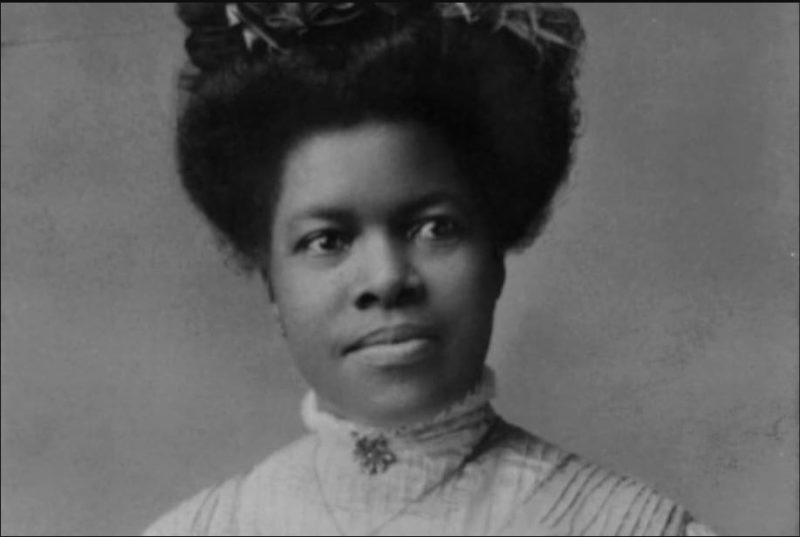On Labor Day, we remember the Black women who helped win labor rights
Share
Explore Our Galleries
Breaking News!
Today's news and culture by Black and other reporters in the Black and mainstream media.
Ways to Support ABHM?
100 years ago, Nannie Helen Burroughs launched the National Association of Wage Earners — part of her effort to integrate comprehensive labor reform into the movement for voting rights.
By: Danielle Phillips-Cunningham, The Washington Post
we celebrate Labor Day, let’s remember the Black women who helped make this day possible. This year marks the 100th anniversary of the National Association of Wage Earners (NAWE), a little-known but important Black women’s labor organization of the early 20th century. Although the labor movement is often credited to White male industrial workers, it was Black female organizers who, more than a century ago, recognized that bettering the lives of working people required dismantling systemic racial, class, and gender inequalities in all institutions. They believed that the single most important pathway to doing so would be equal access to the ballot box.
Upon launching NAWE in 1921, Nannie Helen Burroughs, suffragist, educator, organizer and later a mentor to the Rev. Martin Luther King Jr., crafted a groundbreaking national agenda to integrate comprehensive labor reform into the movement for voting rights. In a prophetic 1915 article in the Crisis newspaper, Burroughs declared that “when the ballot is put into the hands of the American woman the world is going to get a correct estimate of the Negro woman. It will find her a tower of strength of which poets have never sung, orators have never spoken, and scholars have never written.”

While Burroughs died before passage of the Civil Rights Act of 1964 and the Voting Rights Act of 1965, she and other Black female organizers laid the foundation for those two key pieces of legislation, which uphold our democracy to this very day. She would undoubtedly advocate for the John Lewis Voting Rights Advancement Act, which would restore the protections that the Supreme Court stripped from the Voting Rights Act in its 2013 decision in Shelby County v. Holder. Burroughs once wrote, “The fundamental idea of a democracy is that we are all individual members of the social mechanism, and as such, each is necessary in the complete working of the whole.”
Read the full article here.
More Breaking News here.









Comments Are Welcome
Note: We moderate submissions in order to create a space for meaningful dialogue, a space where museum visitors – adults and youth –– can exchange informed, thoughtful, and relevant comments that add value to our exhibits.
Racial slurs, personal attacks, obscenity, profanity, and SHOUTING do not meet the above standard. Such comments are posted in the exhibit Hateful Speech. Commercial promotions, impersonations, and incoherent comments likewise fail to meet our goals, so will not be posted. Submissions longer than 120 words will be shortened.
See our full Comments Policy here.